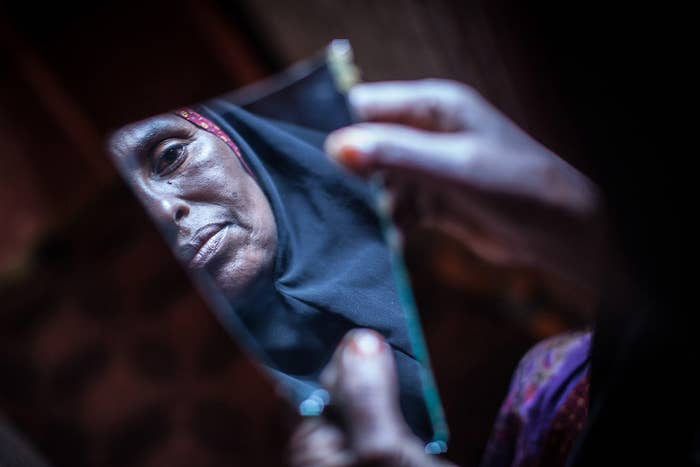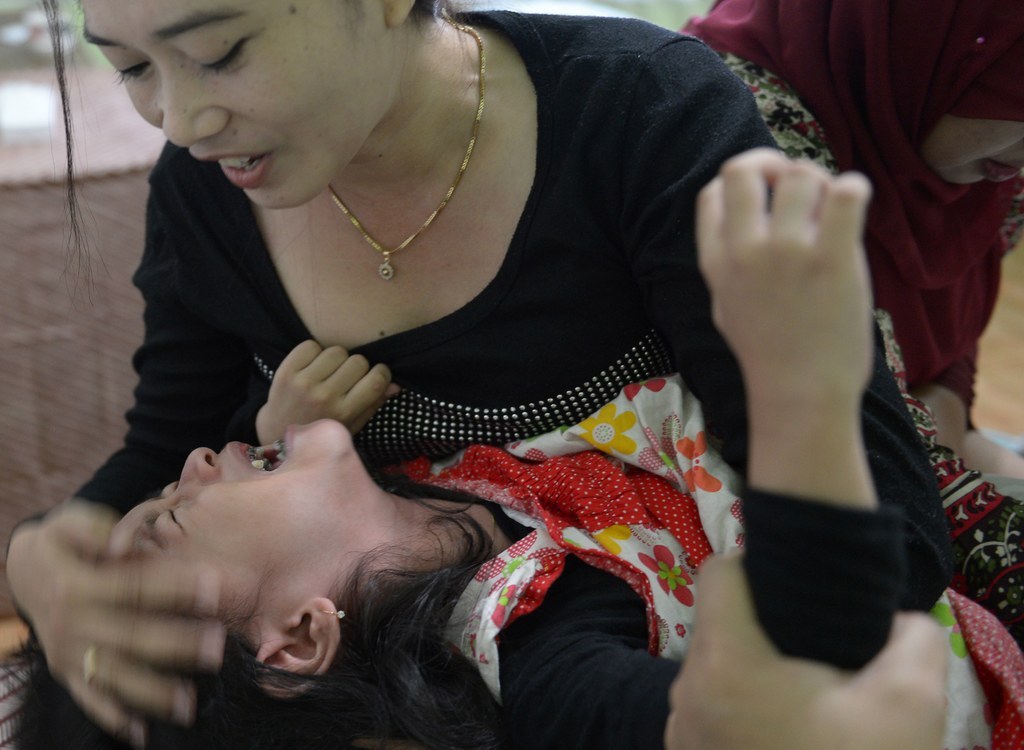From April to September last year a victim of female genital mutilation (FGM) came forward for help in England every two hours, new data shows.

A total of 2,421 cases were reported over the period, with a "disproportionate" number of cases in London, according to UK girl's rights campaigner Lucy Russell of charity Plan UK, which collated the figures.
The data came from doctors who were seeing women with FGM for the first time, with some cases having gone unnoticed for years.
Russell said the figures were "not surprising", but welcomed the report for highlighting an often "hidden and unseen problem".
"The numbers tell us who is affected by FGM," she said. "We have some young girls and some women in their fifties or older. This is a problem that goes right through a woman's life, affecting so much of it."
Nimco Ali, founder of the Daughters of Eve project, which campaigns for FGM victims, told BuzzFeed she was not surprised at the figures, and said: "I think the numbers will go up."
Ali, who was subjected to the practice in Djibouti aged 7, said the report was a sign of progress: "It is a relief that we are finally getting the actual figures and the reality of FGM, rather than always pretending that it is happening rather than actually seeing the numbers."
She said the majority of women included in the data, part of figures collected by the Health and Social Centre Information Centre last year, were girls born in the '80s and '90s who were finally coming to the attention of doctors.
“That’s the thing we have to realise," said Ali. "These are the girls that we failed, but we have an important role now to protect the next generation."
Like Ali, Russell emphasised the importance of education, and said that while groups were receiving government funding, it tended to be short-term grants rather than much-needed "long-term funding", which could work with girls and women throughout their lives.
Despite the numbers, the UK has yet to prosecute a single case, partly because the law is effective only in cases from 2003, whether a girl has been cut in the UK or abroad. However, new laws governing mandatory reporting came into force across the country last year, and some police forces have reported a "significant increase" in cases.
"The absolute key is prevention," Russell said. "That abuse needs to never happen in the first place."
The UK data came on the same day Unicef revealed that as many as 200 million women and girls suffer FGM globally – over 70 million more than originally estimated.

Three countries – Indonesia, Egypt, and Ethiopia – account for half of the total global number, according to Unicef.
Ali welcomed the new figures for highlighting the extent of FGM across the globe. "For a long time Indonesia basically said, 'We don't FGM, we just do a mere prick,' or these kinds of conversations," she said.
"I think we are at a point where we are saying any form of cutting by a non-medical teacher on the female anatomy is FGM and something that needs to end."
Claudia Cappa, lead researcher on the Unicef report, told The Guardian the information demonstrated that FGM was a "global issue, when the focus has previously been on Africa".
Cappa said the abuse was happening on every continent, and that although the risk of being affected was decreasing, the total number affected is increasing as populations grow.
"That makes elimination even more challenging," she said, "and current efforts are not sufficient to combat this growth."
